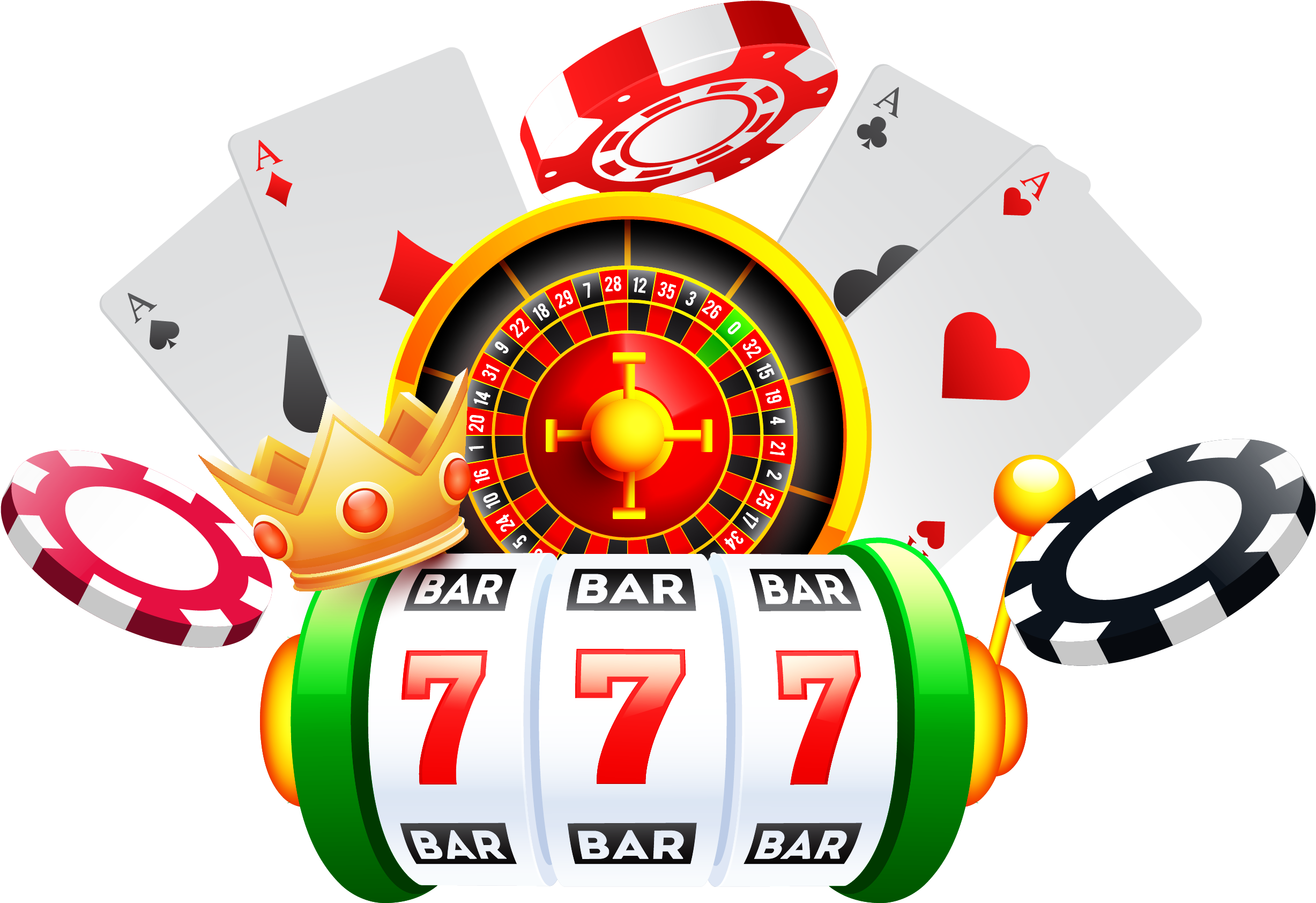
Upon stepping towards this vibrant universe of betting establishments, visitors are often met by a whirlwind of adrenaline and energy. Ranging from the twirling roulette game to the mixing of deck in the popular card game, the atmosphere is charged. Yet, for many first-timers, finding your way through the numerous gaming options can be intimidating. Comprehending the unique terminology used in these games is key for enhancing your enjoyment and making smart decisions at the gaming tables.
Casino games come with their own unique set of jargon that can be both captivating and, at times, confusing. Understanding terms like "wagering amount," "in the money," or "odds" can noticeably improve your strategies and allow for a more pleasant experience. This guide aims to demystify the vocabulary of casino games, helping both neophytes and veteran players feel more at home in the exhilarating environment of betting. Whether you wish to take a chance at a slot game or challenge yourself at a poker table, familiarizing yourself with the terminology will surely be beneficial.
Frequent Casino Terms
When moving through the universe of gambling games, a clear grasp of the language can improve your engagement and optimize your gameplay. One of the frequently used phrases is "house edge," which refers to the numerical advantage that a casino has over the gamblers. This edge ensures that, over time, the casino will consistently make a return from the activities. It changes by game; for instance, slot machines usually have a greater house edge in comparison to games like blackjack or poker, where tactics can lower the house’s profitability.
Another key phrase is "betting limit." This denotes the smallest and highest amounts that participants can wager on a certain game or station. Wagering limits are set to ensure that gaming stays fun and within the budget of all players. Understanding the betting limits is vital for gamblers to oversee their bankroll effectively. Regardless of whether you are a high roller or prefer smaller wagers, knowing the limits can impact your strategy and overall enjoyment.
Finally, the expression "winning amount" is key when talking about gambling activities. Return indicates the sum a player can get when winning a bet, often stated as a ratio or percentage of the starting wager. Distinct activities have diverse payout structures, and discovering how they work can help gamblers in choosing smartly about where to put their bets. It is important to seek activities with advantageous payouts to enhance winning potential while appreciating the thrill of the casino atmosphere.
Game-Specific Jargon
Each gambling title contains a distinct group of language that participants employ for share tactics, outcomes, and mechanics features. For instance, within the game of blackjack, the phrase "bust" refers to a participant exceeding a sum of 21, causing an instant failure. Players often utilize phrases like "hit" as they ask for an additional card and "stand" when choose to keep their existing set. Understanding these phrases is essential for novice participants to deal with the game effectively and interact in conversations with veteran players.
Within poker, you will face terminology that can be very particular to the form being played. Terms such as "flop," "turn," and "river" refer to the community cards dealt in the Texas Hold’em variant. A "bluff" refers to deceiving opponents about the strength of one’s cards, while "all-in" indicates a player betting their complete stack of chips. casino en ligne argent réel Being familiar with these phrases is key to taking part in the game and can give players an edge when it comes to strategy and betting dynamics.
Slot games, while simpler than table games, have their terminology as well. Terms like "payline" and "reels" indicate the fundamental elements of the game. A "jackpot" indicates the maximum payout a player can receive, often achieved through a unique combination of symbols. Participants may also call "bonus rounds" as special features in the game which may enhance payouts or provide more gameplay opportunities. Knowledge with this jargon can enhance the pleasure and understanding of slot machines.
Gambling and Winnings Terminology
Grasping the language related to betting and payouts is essential for navigating gambling activities. Betting refers to the process of placing a wager on the outcome of a game. Each game has its specific least and highest bet limits, which can differ significantly depending on the establishment and kind of game. Understanding these thresholds can help gamblers control their funds wisely and choose activities that suit their gambling approach.
Winnings are what players receive when they win a bet, and knowing the payout structure is crucial for making smart betting choices. Various gambling games have different payment systems, typically expressed in units of odds or rates. For instance, slot machines may provide fixed payouts, while gaming tables like 21 might have more complex reward systems based on the kind of bets placed. Familiarizing oneself with these systems can improve the gambling journey and strategize for optimal results.
Terms like house edge and return to player also are important in the understanding of winnings in gambling activities. The house edge represents the casino’s built-in edge over gamblers, influencing long-term winning potential. On the other hand, return to player, often abbreviated as RTP, indicates the percentage of wagered money that a activity is intended to return to players over the long run. These ideas help gamblers make smarter decisions about where put their wagers and understand the odds they are facing.